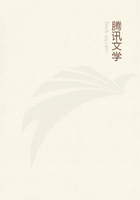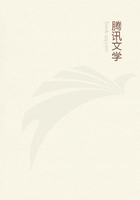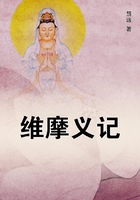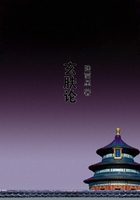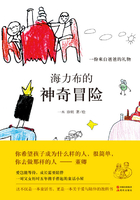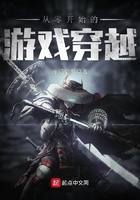Now, with one exception, all the names of the twelve stocks of West African kindreds, or at least all of them which Mr. Bowditch could get the native interpreters to translate, are derived from animals, plants and other natural objects, just as in Australia. Thus Quonna is a buffalo, Abrootoo is a cornstalk, Abbradi a plantain.
Other names are, in English, the parrot, the wild cat, red earth, panther and dog. Thus all the natives of this part of Africa are parrots, dogs, buffaloes, panthers, and so forth, just as the Australians are emus, iguanas, black cockatoos, kangaroos, and the rest. It is remarkable that there is an Incra stock, or clan of ants, in Ashantee, just as there was a race of Myrmidons, believed to be descended from or otherwise connected with ants, in ancient Greece. Though Bowditch's account of these West African family divisions is brief, the arrangement tallies closely with that of Australia. It is no great stretch of imagination to infer that the African tribes do, or once did, believe themselves to be of the kindred of the animals whose names they bear. It is more or less confirmatory of this hypothesis that no family is permitted to use as food the animal from which it derives its name. We have seen that a similar rule prevails, as far as hunger and scarcity of victuals permit it to be obeyed, among the natives of Australia.
The Intchwa stock in Ashantee and Fantee is particularly unlucky, because its members may not eat the dog, "much relished by native epicures, and therefore a serious privation". Equally to be pitied were the ancient Egyptians, who, if they belonged to the district of the sheep, might not eat mutton, which their neighbours, the Lycopolitae, devoured at pleasure. These restrictions appear to be connected with the almost universal dislike of cannibals to eat persons of their own kindred except as a pious duty. This law of the game in cannibalism has not yet been thoroughly examined, though we often hear of wars waged expressly for the purpose of securing food (human meat), while some South American tribes actually bred from captive women by way of securing constant supplies of permitted flesh. When we find stocks, then, which derive their names from animals and decline to eat these animals, we may at least SUSPECTthat they once claimed kinship with the name-giving beasts. The refusal to eat them raises a presumption of such faith. Old Bosman had noticed the same practices. "One eats no mutton, another no goat's flesh, another no beef, swine's flesh, wild fowl, cocks with white feathers, and they say their ancestors did so from the beginning of the world." The evidence of native interpreters may be viewed with suspicion. It is improbable, however, that in 1817 the interpreters were acquainted with the totemistic theory of mythologists, and deliberately mistranslated the names of the stocks, so as to make them harmonise with Indian, Australian, and Red Indian totem kindreds. This, indeed, is an example where the criterion of "recurrence" or "coincidence" seems to be valuable.
Bowditch's Mission to Ashantee (1873), p. 181.
This view, however, does not prevail among the totemistic tribes of British Columbia, for example.
Cieza de Leon (Hakluyt Society), p. 50. This amazing tale is supported by the statement that kinship went by the female side (p.
49); the father was thus not of the kin of his child by the alien woman. Cieza was with Validillo in 1538.
In Pinkerton, xvi. 400.
While in the case of the Ashantee tribes, we can only infer the existence of a belief in kinship with the animals from the presence of the other features of fully developed totemism (especially from the refusal to eat the name-giving animal), we have direct evidence for the opinion in another part of Africa, among the Bechuanas.
Casalis, who passed twenty-three years as a missionary in South Africa, thus describes the institution: "While the united communities usually bear the name of their chief or of the district which they inhabit" (local tribes, as in Australia), "each stock (tribu) derives its title from an animal or a vegetable. All the Bechuanas are subdivided thus into Bakuenas (crocodile-men), Batlapis (men of the fish), Banarer (of the buffalo), Banukus (porcupines), Bamoraras (wild vines), and so forth. The Bakuenas call the crocodile their father, sing about him in their feasts, swear by him, and mark the ears of their cattle with an incision which resembles the open jaws of the creature." This custom of marking the cattle with the crest, as it were, of the stock, takes among some races the shape of deforming themselves, so as the more to resemble the animal from which they claim descent. "The chief of the family which holds the chief rank in the stock is called 'The Great Man of the Crocodile'. Precisely in the same way the Duchess of Sutherland is styled in Gaelic 'The Great Lady of the Cat,'" though totemism is probably not the origin of this title.
E. Casalis, Les Bassoutos, 1859.

